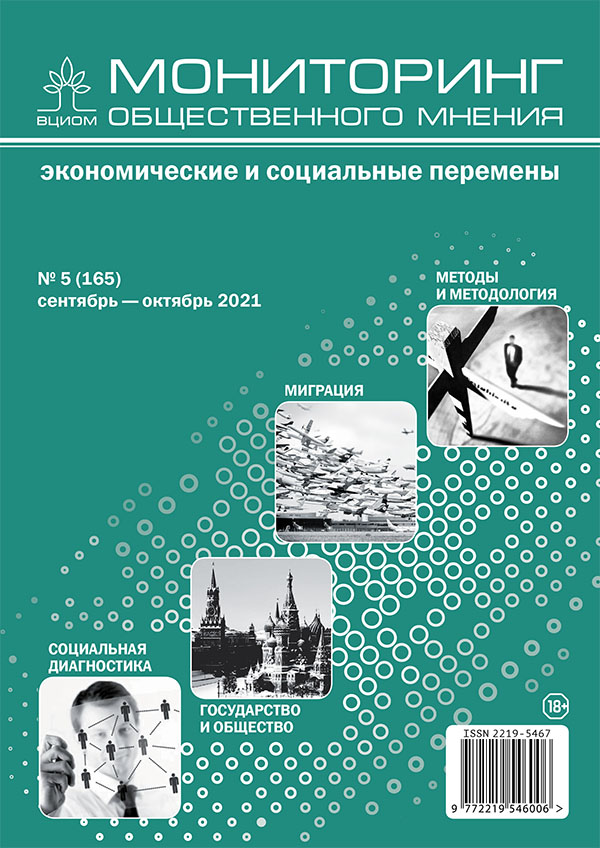Success Factors of Anti-Corruption Policy in Post-Socialist Countries
DOI:
https://doi.org/10.14515/monitoring.2021.5.964Keywords:
fight against corruption, post-socialist countries, corruption rating, anti-corruption policy, anti-corruption reformsAbstract
The paper studies the anti-corruption reforms in former socialist countries, which had quite similar starting conditions for a transition from socialism to the market economy and democracy. However, both the process itself and its results differ significantly across countries. This allows to identify the most important factors that influenced the situation with corruption and the effectiveness of anti-corruption measures by comparing the dynamics of political and economic changes. The author defends the hypothesis about the significant impact of the recent history of political and economic transformations in the former socialist countries on anti-corruption reforms. A number of foreign and domestic political, economic, and social aspects are identified as key factors of the countries’ development over the past three decades. The novelty of the study relates to the analysis of the interaction of inertial and evolutionary components in the formation of anti-corruption policy. The paper contributes to studies on the features of combating corruption in post-socialist countries.
Downloads
Published
How to Cite
Issue
Section
License
Copyright (c) 2021 Monitoring of Public Opinion: Economic and Social Changes Journal (Public Opinion Monitoring) ISSN 2219-5467

This work is licensed under a Creative Commons Attribution-NonCommercial-ShareAlike 4.0 International License.






